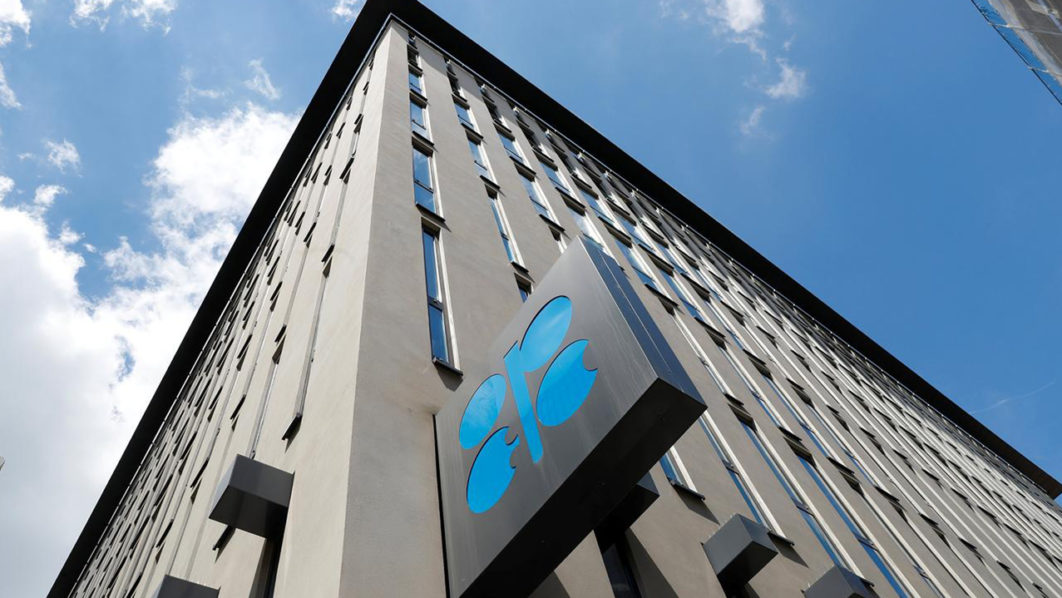 Efforts at stabilising crude oil price may suffer setbacks as the Organisation of Oil Exporting Countries (OPEC) and its allies struggle to manage market volatility following fresh worries over the COVID-19 pandemic.
Efforts at stabilising crude oil price may suffer setbacks as the Organisation of Oil Exporting Countries (OPEC) and its allies struggle to manage market volatility following fresh worries over the COVID-19 pandemic.
Although over one billion jabs have been administered globally, failing vaccines and rising cases of the virus, especially in India now cast doubts on the international oil market as OPEC, yesterday, deferred its meeting, through which it would have decided price direction.
The development, which showed that the organisation still had confidence in current plans to ease production cuts by May despite rising COVID-19 cases in India, a major oil importer, pushed oil price to above $66 per barrel
Nigeria’s economy had faced serious challenges given the impact of Coronavirus, which worsened economic indexes, including widening the exchange rate between the naira and other major currencies, while the government resorted to borrowing to finance the $35b 2021 budget.
Secretary-General of OPEC, Mohammad Sanusi Barkindo, had alluded to the challenges at the 51st Meeting of the Joint Technical Committee, which held yesterday but expressed hope that the challenges would jolt the market.
With oil prices falling to below $1, OPEC and its allies had deployed measures, which drastically reduced output of crude oil in the market.
Wood Mackenzie’s Ann-Louise Hittle, who is Vice President of Macro Oil, said downward revisions to India’s demand outlook were feasible, adding that there were growing risks in other non-OECD nations from sustained COVID-19 cases.
“At the same time, United States oil demand continues to rise towards 2019 pre-pandemic levels and strong summer demand season is almost certain with progress in vaccinations over the last few months,” Hittle said.
She said global oil demand would rise by 6 million barrels per day year-on-year after a 10 million b/d drop in 2020, noting that OPEC ministers would need to decide if the group should stick to the plan to increase supply in May, June, and July, along with a gradual easing of Saudi Arabia’s additional production cut of 1 million b/d.
“OPEC would also need to consider the risk of weaker demand recovery against the plan for gradual supply increases in the three months.
“However, a higher risk to prices would occur if the Iran-US talks to restore the Iran nuclear deal succeeds. The ongoing talks in Vienna will likely take weeks longer and OPEC could, therefore, decide to wait until the early June meeting before reducing planned increases in output.
“That gives the organisation a chance to see if oil sanctions against Iran will be eased and stick to the plan for at least for the month of May,” Hittle said.
Barkindo, however, cited expert predictions, noting that the world could mitigate the worst impact of COVID-19, adding that the change in sentiment in the U.S. banking sector indicated a reversal of fortunes for its economy.
He said developments across the world, especially big infrastructure projects, would generate positive momentum for oil demands.



